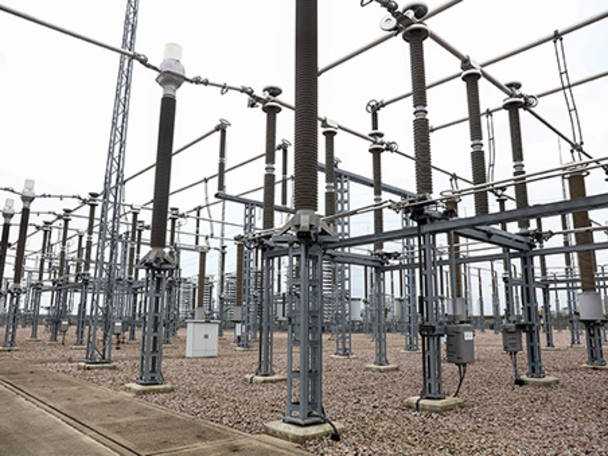The role of National Grid (NG.) in keeping the country's lights on is bigger than ever. As well as owning and maintaining the electricity transmission network in England and the UK's gas transmission network, the energy group owns and operates much of the country's interconnectors - which carry energy to and from Europe - and runs the capacity auctions. However, members of the cross-party energy select committee would like this to change. It has called for National Grid to be stripped of its responsibility for balancing the supply and demand for energy in the UK.
In its latest report on developing a low-carbon energy infrastructure for the UK, the committee argues that an independent systems operator should be set up to ensure the security of the country's energy supply. Establishing an independent operator would go some way to addressing potential conflicts of interest from National Grid.
The potential conflicts of interest that MPs are worried about relate to National Grid's role as owner of assets such as interconnectors and its responsibility for ensuring supply meets demand. National Grid has the power to recommend the development of further assets. For example, Ofgem's 'Transmission Licence Standard Conditions' requires the licensee (National Grid) to publish a network options assessment report. What's more, the group has a legal responsibility to report on electricity capacity requirements under the capacity market auction system, which it oversees. In both cases, National Grid could advocate more capacity than necessary in order to allow it to build, own and profit from these assets, the committee has argued.
In response, head of network strategy for National Grid, Phil Sheppard, said Ofgem's RIIO mechanism - the framework for setting price controls for network companies - means the group is incentivised to keep its total expenditure tight via a combination of revenue and capital expenditure.
"Therefore there is an incentive on National Grid as a [transmission operator], as there is with all [transmission operators], to find ways of not building and delivering an output that is part of the regulatory deal," he said.
Yet MPs are also concerned Grid-owned interconnectors, which it uses in times when supply margins are tight, may also present a conflict of interest. These interconnectors are eligible to bid to supply capacity under the capacity auction system. "The fundamental issue here is that National Grid could act in a way that inefficiently advantages interconnection over other balancing tools such as storage and demand side response," said the committee.
However, Grid's head of commercial, regulation and new business in Europe, Charlotte Ramsay, said: "European business development and all of the interconnector projects and companies that we run are wholly separate from the UK core activities, which means that the relationship we have with the system operator is the same as any other connectee into the system."
A spokesperson for National Grid said acting as systems operator generated just £56m of the group's £4.1bn operating profit last year. They said removing responsibility for balancing supply and demand would carry with it more reputational risk than anything else, since this is what the group is best known for. National Grid is already in discussions with the Department for Energy and Climate Change and Ofgem about how to evolve the current system operator model, making it more independent while remaining cost effective.










